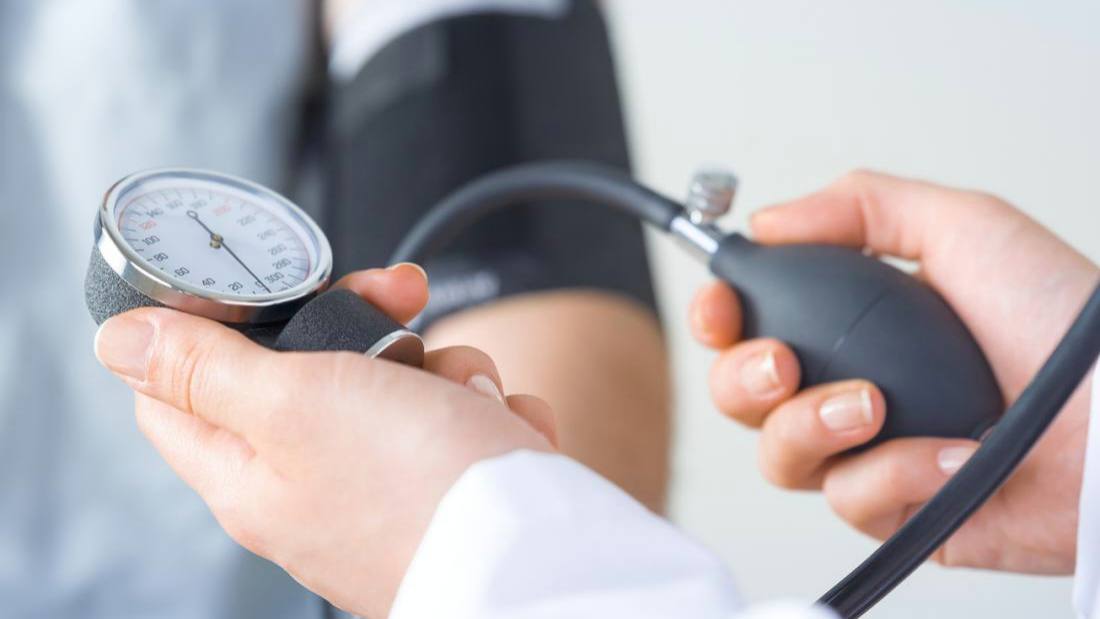Mayo Clinic Q & A

September 7, 2023
DEAR MAYO CLINIC: I was recently prescribed high blood pressure medication. My routine was to take the pills before bed, but I'm finding when I[...]
January 20, 2015
Explore more topics
 Sign up
Sign up

Mayo Clinic Connect
An online patient support community
